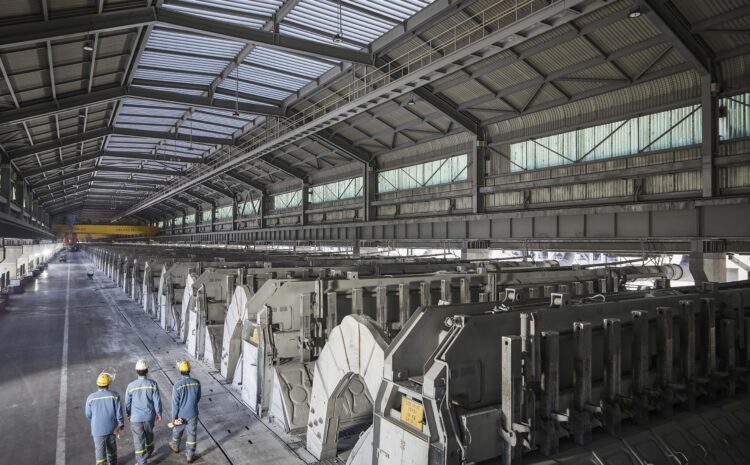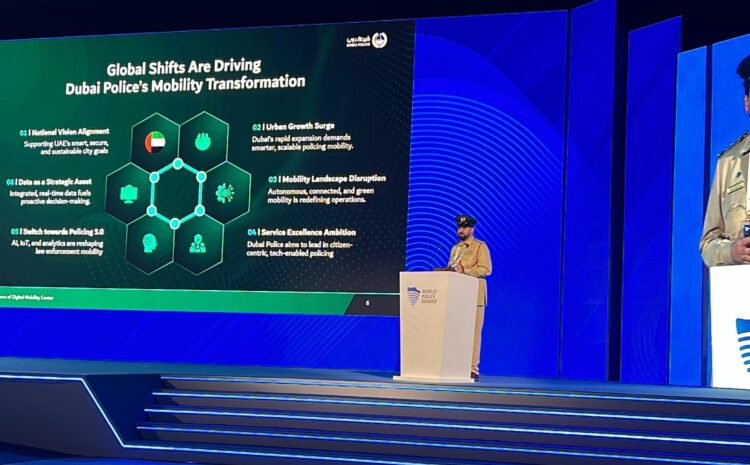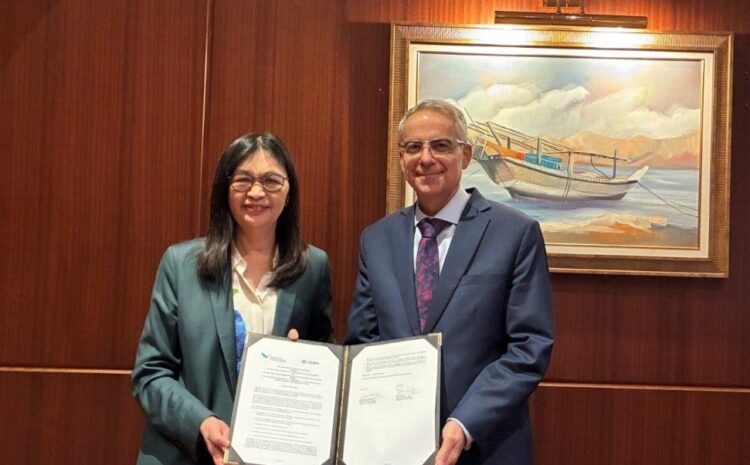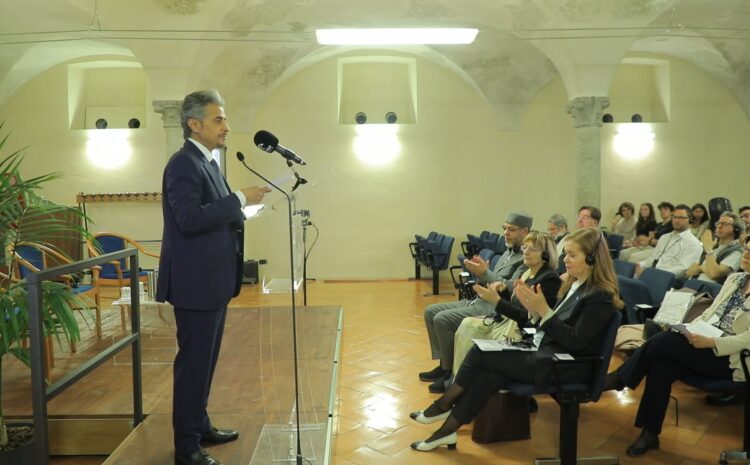
SBA’s Arabic Language Festival in Milan welcomes writers
MILAN, 16th May, 2025 (WAM) — Milan is serving as a crossroads for Arabic language and culture as the Italian city hosts the 8th edition of the International Festival of Arabic Language and Culture, sponsored by the Sharjah Book Authority (SBA).
Held under the theme “The migrating tongue: Arabic without borders,” the four-day event showcases the language’s worldwide influence, uniting 30 scholars, authors, and intellectuals from 18 nations to celebrate its role as a cultural bridge and a medium fostering cross-border dialogue.
Organised by the Arabic Cultural Institute at the Catholic University of the Sacred Heart, in collaboration with the Arabic Language Research Centre, the 2025 edition of the festival launched with key figures including Ahmed bin Rakkad Al Ameri, CEO of the SBA; Professor Giovanni Gobber, Dean of Linguistic Sciences and Foreign Literatures; and Professor Wael Farouq, the Institute’s Director and the event’s academic coordinator.
During his keynote speech, Ahmed Al Ameri noted that the festival’s theme underscores Arabic’s timeless journey as a language anchored in its origins yet fundamental in shaping global civilisation, channelling knowledge and scientific thought from East to West, and from the Arabian Peninsula across Europe.
“As we gather today, we are reminded of a journey that began more than a thousand years ago, when the physician Constantine the African travelled to Italy carrying Arabic medical texts. This marked the beginning of a new chapter, where Arabic became a gateway to previously unknown sciences. That legacy continues to this day, embodied in the vision of His Highness Sheikh Dr. Sultan bin Mohammed Al Qasimi, Supreme Council Member and Ruler of Sharjah, who consistently affirms that language is not just a means of communication, but a vessel of culture and a bridge to mutual understanding,” Al Ameri stated.
“His Highness’s commitment to Arabic is a firmly held belief, reflected in ongoing cultural projects that promote both the language and global engagement. SBA’s festival sponsorship continues that vision, which sees cultural exchange as essential to progress. In Sharjah, we believe that civilisation is not the product of one language or one place, but a collective human achievement, shaped and sustained by diverse peoples, languages, and ideas,” the SBA CEO noted.
For his part, Dr. Wael Farouq said, “We are witnessing a new phase in the journey of the Arabic language as it moves beyond its traditional geographic and cultural boundaries. This development merits thoughtful examination, which is why the Institute of Arabic Culture has dedicated this year’s conference to bringing together a distinguished group of Arab and Western intellectuals and academics to explore the phenomenon.”
He continued, “Over the past two decades, rising migration from the Arab world to the West has reshaped the relationship between the two cultures. Arabic language and literature occupy a more central role, with millions of migrants becoming bilingual and many Arab writers in the diaspora producing works in European languages. This has given rise to a new wave of diaspora literature, reminiscent of the early 20th century. At the same time, we are seeing significant growth in teaching modern Arabic and studying its contemporary literature at universities across the West.”
The festival’s eighth edition seeks to examine the presence of Arabic language and culture within Western contexts, fostering deeper understanding and engagement across new cultural settings. The programme centres on two key themes: the first focuses on teaching Arabic to non-native speakers, with particular emphasis on revising curricula in grammar, morphology, and rhetoric to better align with the needs of learners in Western societies.
The second explores contemporary Arabic literature in the diaspora, featuring testimonies and critical readings by Arab writers based in the West, alongside discussions on translation, the reception of Arabic literature in other languages, and the connection between these works and the writers’ cultural and social integration.
The festival offers a diverse programme of panel discussions led by prominent authors and researchers, showcasing the depth of cultural exchange between East and West. It also presents diverse artistic and cultural events, including visual art exhibitions, musical performances, and poetry sessions. The programme concludes with a concert by the Arabic language student choir at the Catholic University of the Sacred Heart, celebrating the vitality of the language and the convergence of cultures.
